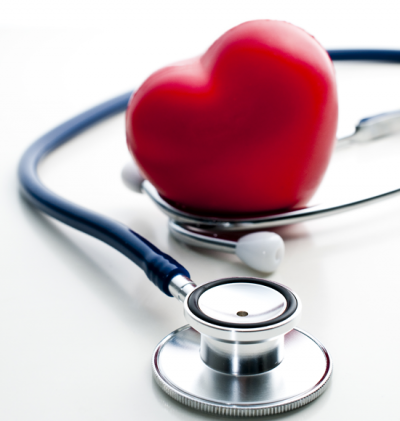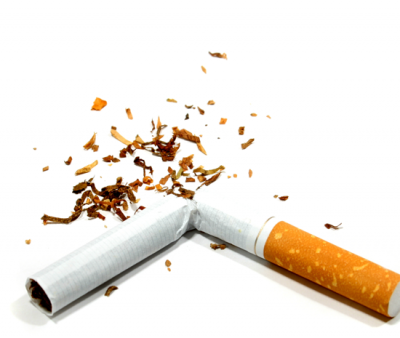
The heart is the most important muscle in your body; it keeps you alive – so take care of it. Your heart’s job is to pump blood, which carries oxygen and nutrients from food, to different parts of your body. Our bodies need oxygen and nutrients to work well.
Too much fat is harmful
Excess fat shoots up your cholesterol levels (cholesterol is a fat-like substance found in all cells of the body), which increases the risk of heart diseases.
3 Types of fat:
Saturated fats are “bad” fats because they raise your overall blood cholesterol levels and increase your risk of heart disease. These fatty acids increase your levels of “bad” cholesterol. Examples of foods rich in saturated fats include whole and 2% milk, some types of cheeses, fatty cuts of meat, etc.
Monounsaturated fats are considered “good” fats when taken in moderation and are typically liquid at room temperature, but start to turn solid when chilled. Vegetable oils such as olive oil, canola oil, peanut oil, sunflower oil and sesame oil are sources monounsaturated fats; as is avocados, peanut butter, and many nuts and seeds.
Polyunsaturated fats, like monounsaturated fats, are liquid at room temperature and solid when they are chilled. They are also good for you when taken in moderation. Foods rich in polyunsaturated fats are vegetable oils, including soybean oil, and fatty fish such as salmon, mackerel, herring and trout.
Have a healthy heart
It’s vital to look after your heart because you need your heart to live a long and healthy life. Heart diseases may be the leading cause of death, but this does not have to be your fate. Lower the risk factors by changing your lifestyle.
Quit smoking
Smoking can give you heart disease and cancer.
Do regular checkups
High blood pressure and high cholesterol can damage your blood vessels and heart. Getting regular checkups can help control levels and prevent it from getting out of hand.
Blood pressure
Adults should have their blood pressure checked at least every two years. You may need frequent checks if you have a family history of heart disease or if there are other risk factors.
Cholesterol levels
Have your cholesterol tested at least once every five years from the age of 20.
As with blood pressure, you may need frequent checks if you have a family history or if there are other risk factors.
Some children may need their blood cholesterol tested if they have a worrying family history of heart disease.
Diabetes screening
Since diabetes is a risk factor for developing heart disease, you may want to consider being screened for diabetes as well. Talk to your doctor about when you should have a fasting blood sugar test to check for diabetes. Depending on your risk factors, such as being overweight or if there’s a family history of diabetes, your doctor may recommend testing you for diabetes between the ages of 30 and 45, and retesting every three to five years.
Eat right
To look after your heart you need to eat the right foods. Eating foods that are low in fat, cholesterol and salt will help keep your heart healthy. A diet that is rich in fruits, vegetables, whole grains, and low-fat dairy products will help protect your heart and reduce the chances of heart diseases and cancer.
Maintain a healthy weight
The weight you gain is usually fat rather than muscle. This excess weight can lead to conditions that increase your chances of heart diseases, high blood pressure, diabetes and cholesterol. Being active makes your muscles work harder. This is good news for your heart, because your heart is a muscle too. Sixty minutes of physical activity a day keeps your heart strong and healthy. Being active ranges from doing simple things like house chores, walking, playing with family outside to going to the gym. Cardiovascular exercises help increase your heart and respiratory (breathing) rate. The more your heart works, the stronger it becomes, which means your heart is more efficient at pumping blood through your body.
Before you start a new exercise plan, talk to your doctor to make sure the physical activities you plan to do are appropriate for your age, health and fitness condition.
For more information visit www.florastrongheart.co.za.







